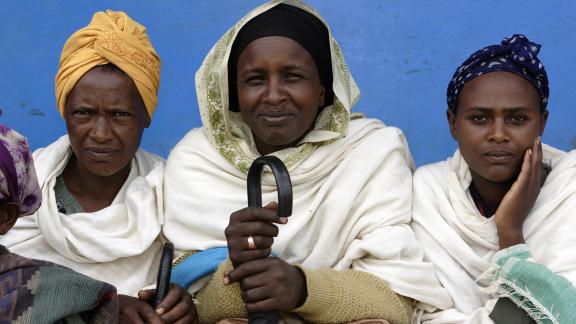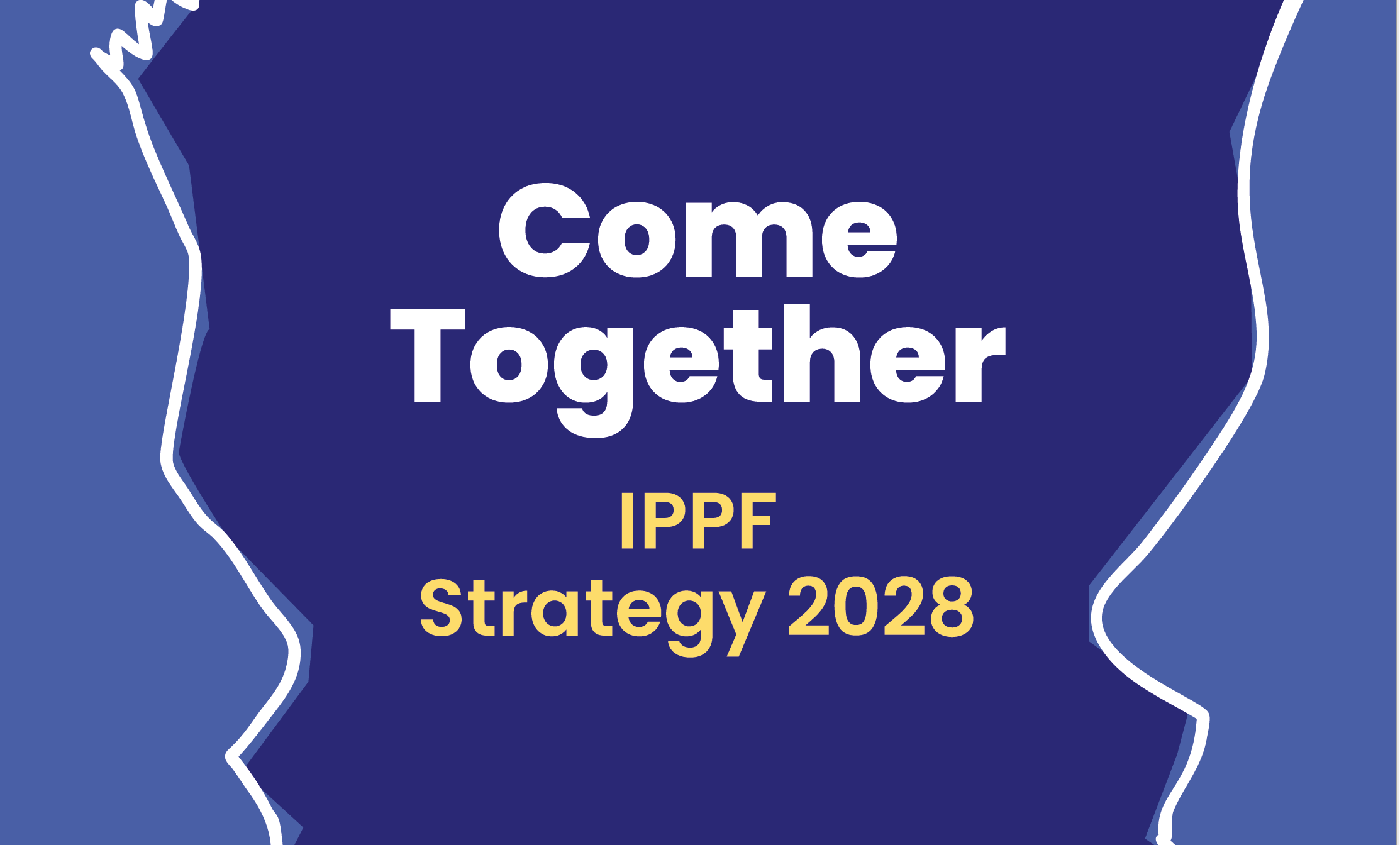The International Planned Parenthood Federation (IPPF) announced its most ambitious pledge ever: to realize the human rights of a further 60 million women to choose freely the size of their families. The pledge was unveiled as IPPF's global contribution to the Family Planning 2020 goal at the International Family Planning Conference in Indonesia today.
IPPF is committed to working with Family Planning 2020 and the global family planning community to reach the goal of ensuring 120 million additional women have access to family planning by 2020. The Federation, with the world's largest non-governmental family planning service delivery network, has driven its own performance since the London Summit reaching 15 million new users of modern family planning. IPPF is now upwardly revised its pledged contribution towards the global FP2020 goal.
Thank you to @ippf for pledge to serve 60M NEW users of contraception to meet #FP2020 goals! #ICFP
— Family Planning 2020 (@FP2020Global) January 28, 2016
Tewodros Melesse, IPPF Director General, announcing the pledge, said “This is not a game of numbers. For us, it's very simple, it can only be about putting women at the front and centre of what we do. I'm delighted by what we have achieved and that we can make this significant and increased contribution through this pledge. Since 2012, IPPF's total reported client numbers increased by nearly 40 per cent. This was achieved by expanding our client base, not by changing who we serve. We have raised investment in family planning and improved our overall performance."
Building on this success, IPPF has set an even more ambitious target for new users to contraception. Between 2015 and 2020 IPPF pledges to reach a further 45 million new users in the FP2020 focus countries. This will mean that IPPF will serve a total of 60 million new users between 2012 and 2020, a major contribution towards the FP2020 goal.
Dr. Ariel Pablos-Méndez, Assistant Administrator for Global Health and Child and Maternal Survival Coordinator, Global Health Bureau, USAID said on IPPF's announcement,'Community driven approaches increase access for new users to family planning. When offered alongside a basket of primary health services - like those provided by IPPF - poor, young and rural women and men can get the voluntary family planning and other health programs that focus on their needs. This client-focused approach will get us another step closer to our FP 2020 goals and ultimately universal health coverage."
“FP2020 congratulates IPPF on this ambitious renewed commitment to advancing the rights of women and girls around the world to decide for themselves when and how many children to have,” said Beth Schlachter, FP2020 Executive Director.
“IPPF has been a leader in providing modern contraception to women and girls for decades, and as key partners in the global FP2020 movement they are helping ensure that family planning remains a central part of the global development agenda as we work towards achieving the Sustainable Development Goals and universal access.”
IPPF is on target to achieve our goal of doubling the number of services provided by 2015. This is a milestone towards the Federation's commitment to treble the number of its high-impact life-saving and changing sexual and reproductive health services provided by 2020.
Between 2012 and 2014, IPPF achieved a significant increase in access for new users of modern contraception. In 59 of the 69 FP2020 focus countries where IPPF is operational, the Federation provided family planning services to 15 million new users in just three years.
Our Strategic Framework which started in January 2016, renews and strengthens its commitment to support the rights of women and girls to decide freely whether, when and how many children to have. IPPF will deliver high impact, quality, rights-based, integrated sexual and reproductive health services, including packages that address family planning, safe abortion, prenatal care, STIs/HIV, sexual and gender-based violence and cervical cancer.
IPPF will optimize the number of people it can serve by increasing operational effectiveness, expanding provision in humanitarian emergencies and increasing national and global income to provide the increased services. The Federation will also enable the provision of services by other public and private health providers.
when
Subject
Contraception, HIV and STIs, Comprehensive Sex Education, Gender equality, Abortion Care, Maternal Healthcare, Gynaecological









